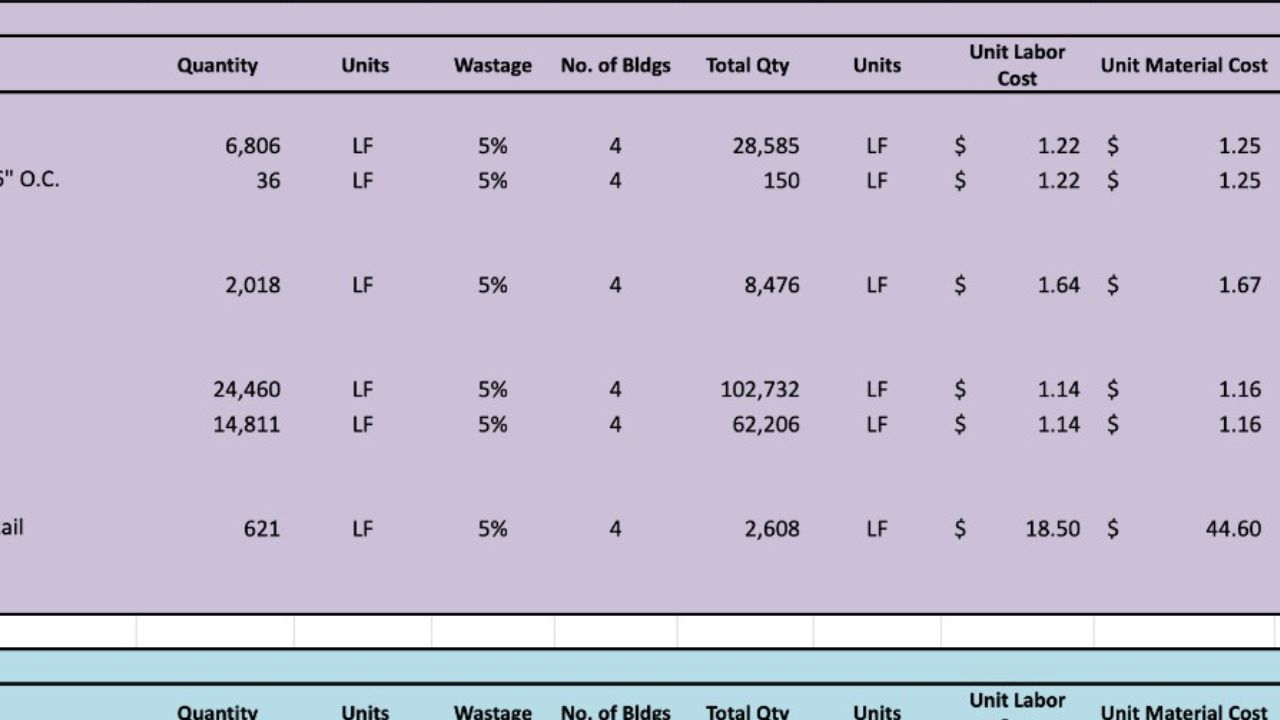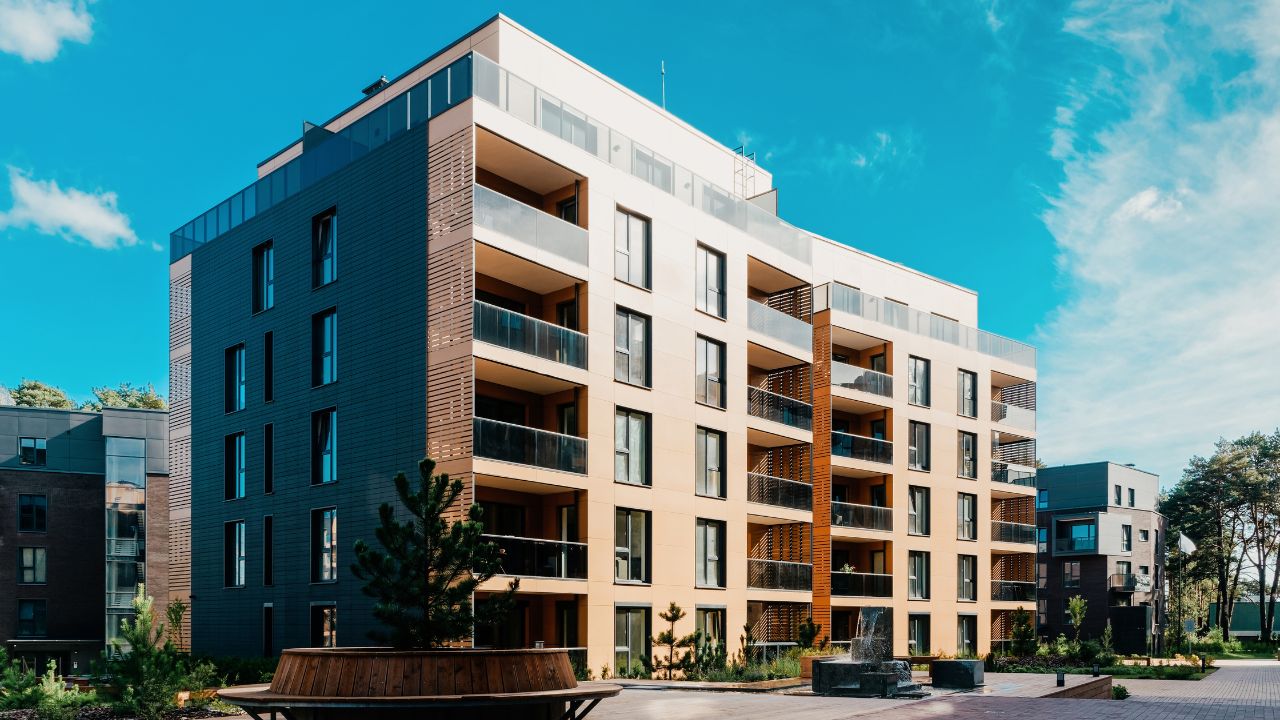Building A Hotel Cost
Building a hotel is a complex endeavor that requires meticulous planning and significant financial investment. The cost of hotel construction can vary widely depending on various factors. In this article, we will explore the key considerations in hotel construction, analyze the breakdown of costs, and discuss strategies for cost-effective hotel construction.
Factors Affecting Hotel Construction Costs
Key Considerations in Hotel Construction
Hotel construction costs are influenced by several critical factors. Understanding these factors is essential for a successful and cost-effective project.
Location and Size
The location of the hotel plays a pivotal role in determining construction costs. Prime, high-traffic areas often require higher investment. Additionally, the size of the hotel, in terms of rooms and amenities, directly impacts the cost. Larger hotels typically require more resources and thus come at a higher price.
When selecting a location, factors to consider include proximity to attractions, accessibility, and the local real estate market.
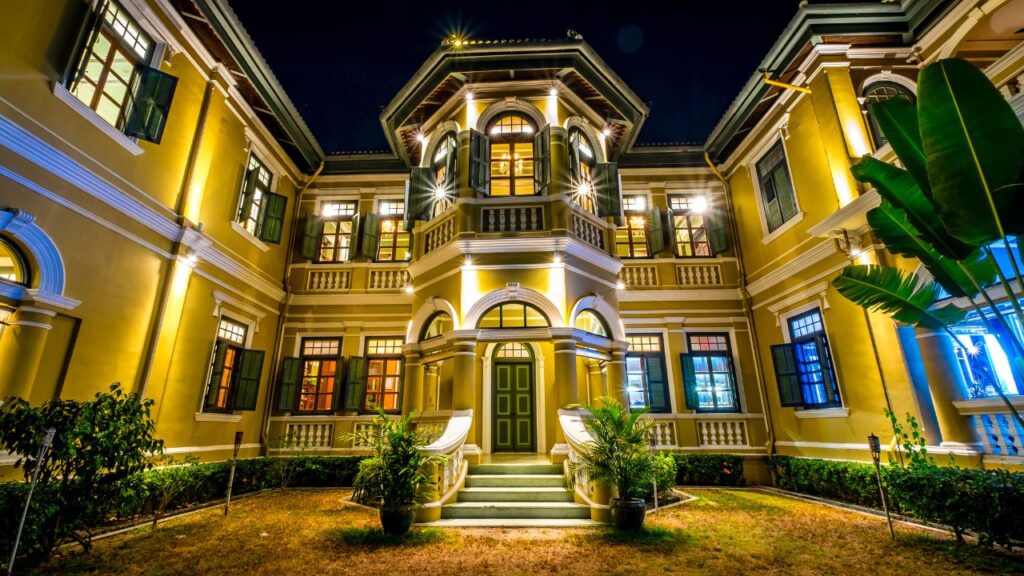
A prime location in a popular tourist destination can significantly increase land acquisition costs. Size, on the other hand, affects the construction cost on a per-room basis. Smaller boutique hotels may have higher costs per room due to the need for more amenities per guest.
Design and Architecture
The design and architecture of the hotel also significantly affect construction costs. Complex and intricate designs may require more labor and materials, increasing expenses. Simple and functional designs are often more cost-effective.
Architects and designers play a crucial role in balancing aesthetics and cost-efficiency. They must work closely with project managers to ensure that the design aligns with the budget. Design choices, such as the type of façade, interior finishes, and landscaping, can all impact the final construction cost. A minimalist and modern design may be more cost-effective than ornate or historic styles.
Are You Looking For?

Make Informed Design Decisions Showcase Your Design Ideas
Get RenderingMaterials and Labor
The choice of construction materials and labor costs are major contributors to the overall cost. High-quality materials can drive up expenses, but they may also enhance the hotel’s appeal and longevity. Labor costs can vary depending on location and the skill level of the workforce.
Quality materials can increase the durability and attractiveness of the hotel, reducing maintenance costs in the long run. Skilled labor, while more expensive, can ensure the construction proceeds efficiently and with fewer errors. Quality materials also provide better insulation and energy efficiency, which can reduce long-term operational costs.
Cost Breakdown in Hotel Construction
Analyzing Construction Costs
Let’s delve into the detailed breakdown of costs involved in hotel construction:
Land Acquisition
Acquiring the land for your hotel is typically the first significant expense. Prime locations come at a premium, and the size of the plot will affect the overall cost. Costs for land acquisition can range from $500,000 to several million dollars, depending on the location.
Land prices are influenced by factors such as the desirability of the location, zoning regulations, and the potential for future development.

Investing in a prime location can lead to higher initial costs but may result in greater revenue in the long term. It’s essential to conduct a thorough cost-benefit analysis to determine if the location justifies the expense.
Site Preparation
Preparing the site for construction involves clearing, grading, and ensuring proper infrastructure connections. This is a crucial step that can impact the project’s timeline and budget. Site preparation costs can vary but typically account for around 5-10% of the total construction budget.
Site preparation costs include clearing vegetation, removing obstacles, and ensuring the site is level and ready for construction. The complexity of this phase depends on the condition of the land and the necessary infrastructure work. It’s important to engage experienced contractors who can efficiently manage site preparation to avoid cost overruns.
Construction Materials
The cost of construction materials, such as cement, steel, and finishing materials, can vary based on quality and quantity. Choosing the right materials can help control costs without compromising on quality. Construction material costs can represent 30-40% of the total construction expenses.
Selecting materials that are durable and energy-efficient can lead to cost savings in the long run. Sustainable materials can also help reduce the environmental impact of the project, appealing to eco-conscious guests. It’s crucial to work with suppliers who can provide competitive pricing without sacrificing quality.
How Much Does It Cost To Build Hotel?
There is an huge range of costs per square foot for hotel construction. This is because different types of hotels include different amenities, areas, and materials. Hotels built in urban areas normally have a higher cost per square foot than hotels built in more rural or urban areas. For this reason, there is a hotel construction cost per square foot range of $140 to $600.
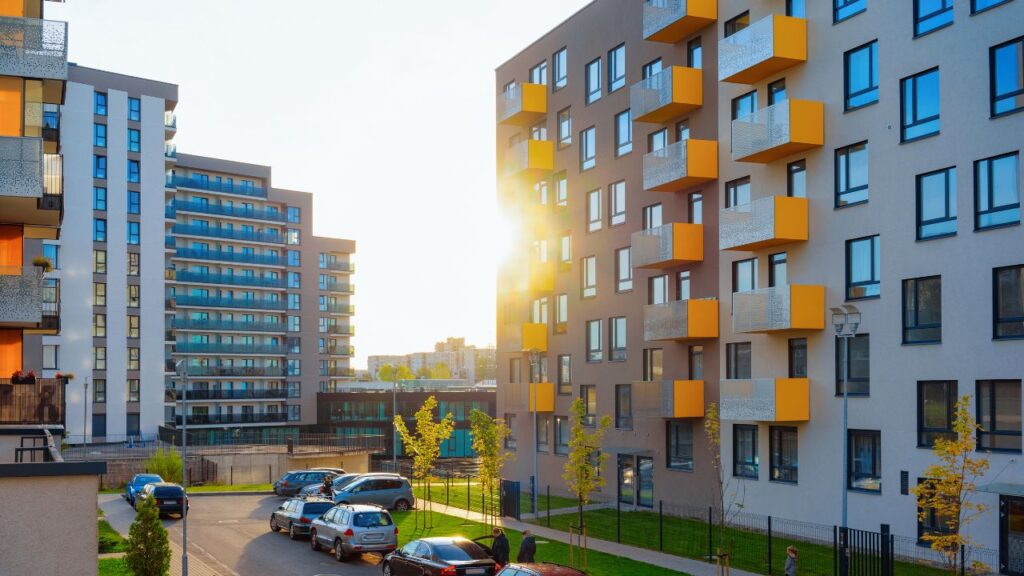
Labor Costs
Labor costs encompass skilled and unskilled workers required for the project. Skilled workers often come at a higher price, but their expertise is invaluable in ensuring quality construction. Labor costs typically make up 20-30% of the total budget.
Efficient project management and scheduling can help optimize labor costs. Skilled workers can complete tasks more quickly and with fewer errors, reducing the overall cost of construction. Collaboration with unions or workforce training programs can provide a skilled labor force at a reasonable cost.
Permits and Regulatory Compliance
Obtaining permits, adhering to building codes, and complying with regulations are non-negotiable costs in hotel construction. Failing to meet these requirements can result in costly delays and fines. Permit and compliance costs can range from 2-5% of the overall budget.
Navigating the permit and compliance process requires a thorough understanding of local regulations. Engaging with experienced professionals who can expedite the process and ensure full compliance is crucial. It’s essential to budget for these costs and have contingency plans in case of unexpected delays.
Strategies for Cost-Effective Hotel Construction
Efficient Planning and Design
To mitigate costs, efficient planning and design are essential. Value engineering, a process that seeks to optimize design and functionality while controlling expenses, can be instrumental.
Value Engineering
Value engineering involves identifying areas where costs can be reduced without sacrificing quality or safety. It focuses on optimizing design, materials, and construction processes. Engaging with value engineering experts can help uncover cost-saving opportunities. For example, reevaluating design choices or material selections can lead to significant savings.
Technology Integration
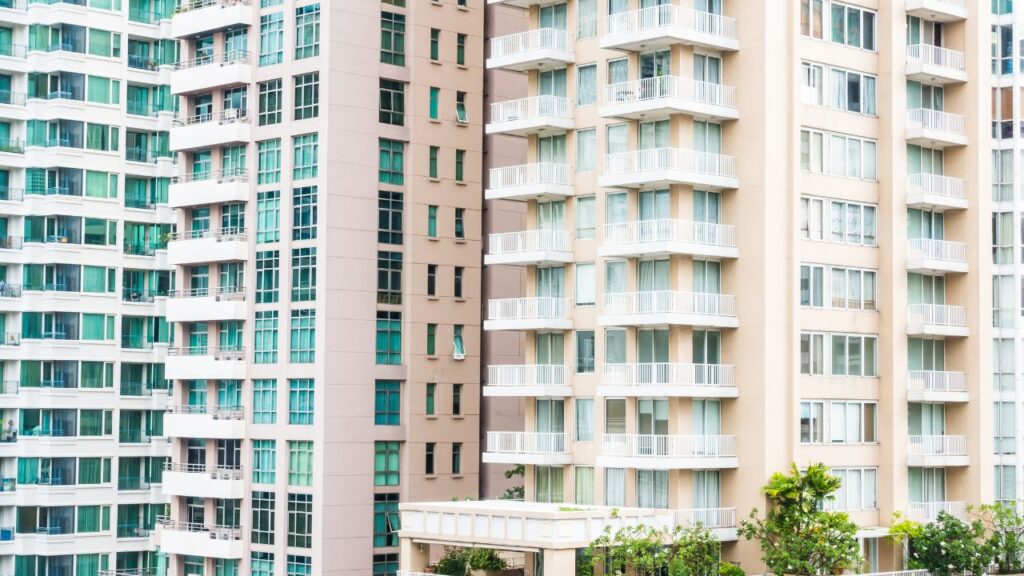
Embracing technology in construction can lead to cost savings. Tools like Building Information Modeling (BIM) and project management software enhance efficiency and reduce errors. Implementing these technologies can also streamline communication among project stakeholders, reducing the risk of costly misunderstandings or rework.
Sustainable Practices
Incorporating sustainable practices, such as energy-efficient HVAC systems and environmentally friendly materials, not only reduce operational costs but also attract eco-conscious guests. These practices can result in long-term savings and enhance the hotel’s marketability. For instance, the installation of energy-efficient windows, lighting, and insulation can lead to reduced utility costs and a shorter payback period.
Case Studies: Successful Hotel Construction Projects
To gain insights into cost-effective hotel construction, let’s look at a few case studies of successful projects that managed to control costs without compromising on quality. These case studies will provide practical examples of how efficient planning, value engineering, technology integration, and sustainable practices were implemented.
Conclusion
Building a hotel is a substantial investment, but with careful planning and consideration of the factors that influence costs, it is possible to achieve a cost-effective and successful project. Efficient planning, value engineering, technology integration, and sustainability are key strategies in keeping costs in check.
FAQs
The cost per room can vary widely, but it is typically in the range of $100,000 to $500,000, depending on various factors.
To reduce labor costs, consider hiring skilled labor, use efficient construction methods, and implement technology to streamline processes.
Eco-friendly practices include using sustainable materials, energy-efficient systems, and incorporating green building designs.
The timeline for hotel construction varies, but it can take anywhere from 12 to 24 months, depending on the size and complexity of the project.
Yes, there are various financing options, including loans, investors, and partnerships, to fund hotel construction projects.
Process To Get Hotel Construction Cost Estimate Report
Here I am going to share some steps to get your hotel construction cost estimate report.
-
You need to send your plan to us.
You can send us your plan on info@estimatorflorida.com
-
You receive a quote for your project.
Before starting your project, we send you a quote for your service. That quote will have detailed information about your project. Here you will get information about the size, difficulty, complexity and bid date when determining pricing.
-
Get Estimate Report
We do hotel construction cost estimating and prepare a detailed report for your project. At last you finalize the report and finish the project.
Google Reviews




